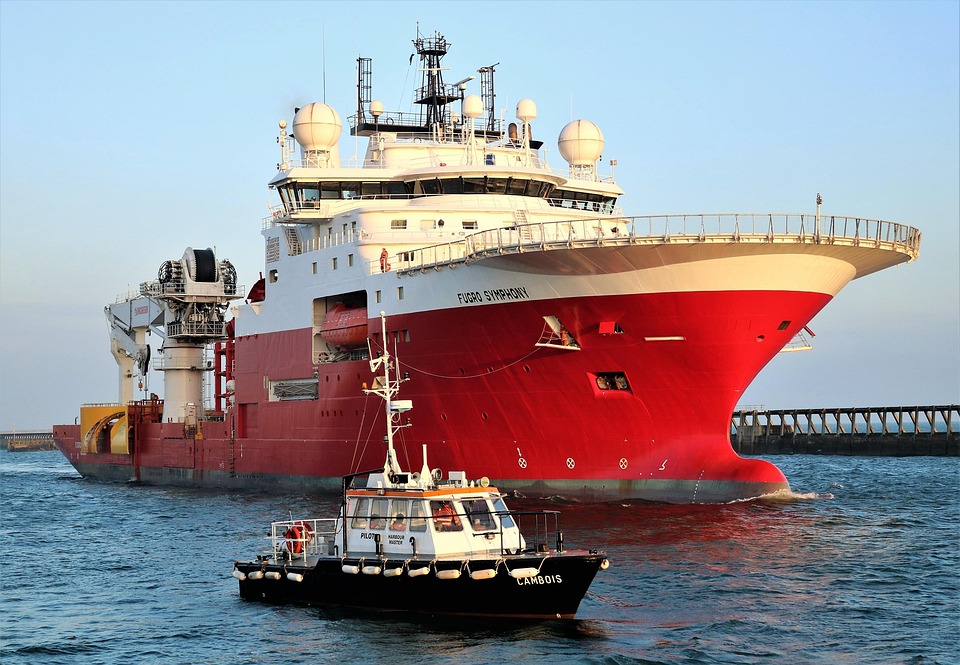Navigating Your Career Path: Essential Roadmaps for Offshore Engineers
Embarking on a career as an offshore engineer is akin to setting sail on uncharted waters. The journey can be exhilarating yet fraught with challenges. With the right navigational tools, however, the path can be illuminated, making the voyage not just survivable but truly rewarding.
1. Understanding the Landscape
The offshore engineering sector is vast and varied. From oil and gas exploration to renewable energy installations, the opportunities are as diverse as the projects themselves. An awareness of the industry’s intricacies is paramount. Familiarise yourself with key players—companies like BP and Shell, as well as emergent giants in the renewables sector. Stay abreast of technological advancements and regulatory changes. Knowledge is your compass.
2. Skill Development: The Engine of Progress
In an ever-evolving field, skills can become obsolete faster than you can say "career advancement." Embrace continuous learning. Consider certifications in areas such as subsea engineering or project management. Attend workshops and conferences; these not only enhance your expertise but also expand your professional network. Remember, the more skills you acquire, the more versatile your career becomes, enabling you to pivot when opportunities arise.
3. Networking: Building Your Crew
No sailor braves the seas alone. Networking is essential in the offshore engineering realm. Attend industry events, engage on platforms like LinkedIn, and join professional organisations. Forge connections with seasoned engineers and newcomers alike. These relationships can lead to mentorship opportunities and job prospects that might otherwise remain hidden beneath the waves. It’s not just about who you know, but who knows you and your capabilities.
4. Career Progression: Charting Your Course
As you navigate through your career, it’s crucial to set clear and achievable goals. Short-term objectives can pave the way for long-term aspirations. Whether it’s aiming for a managerial role or transitioning into a different sector of offshore engineering, having a well-defined roadmap is vital. Regularly reassess your goals and be adaptable; the tides of the industry can shift unexpectedly, and flexibility can be your greatest asset.
5. Embracing Challenges: Weathering the Storms
Every engineer will face storms—projects that go awry, deadlines that loom ominously, or technology that refuses to cooperate. Resilience is key. Embrace these challenges as learning experiences. Reflect on what went wrong and how you can improve. The ability to navigate difficulties not only strengthens your character but also enhances your reputation as a reliable engineer.
The Journey Continues
As you venture deeper into the world of offshore engineering, remember that your career is a living entity, constantly evolving and adapting. Each step taken is a brushstroke on the canvas of your professional life. Equip yourself with the right tools and insights, and the horizon will reveal endless possibilities. For those looking to refine their presentation in this dynamic field, remember that CVPortal continues to provide a wealth of high-quality CV references, helping you to showcase your skills and embark on your next great adventure.


